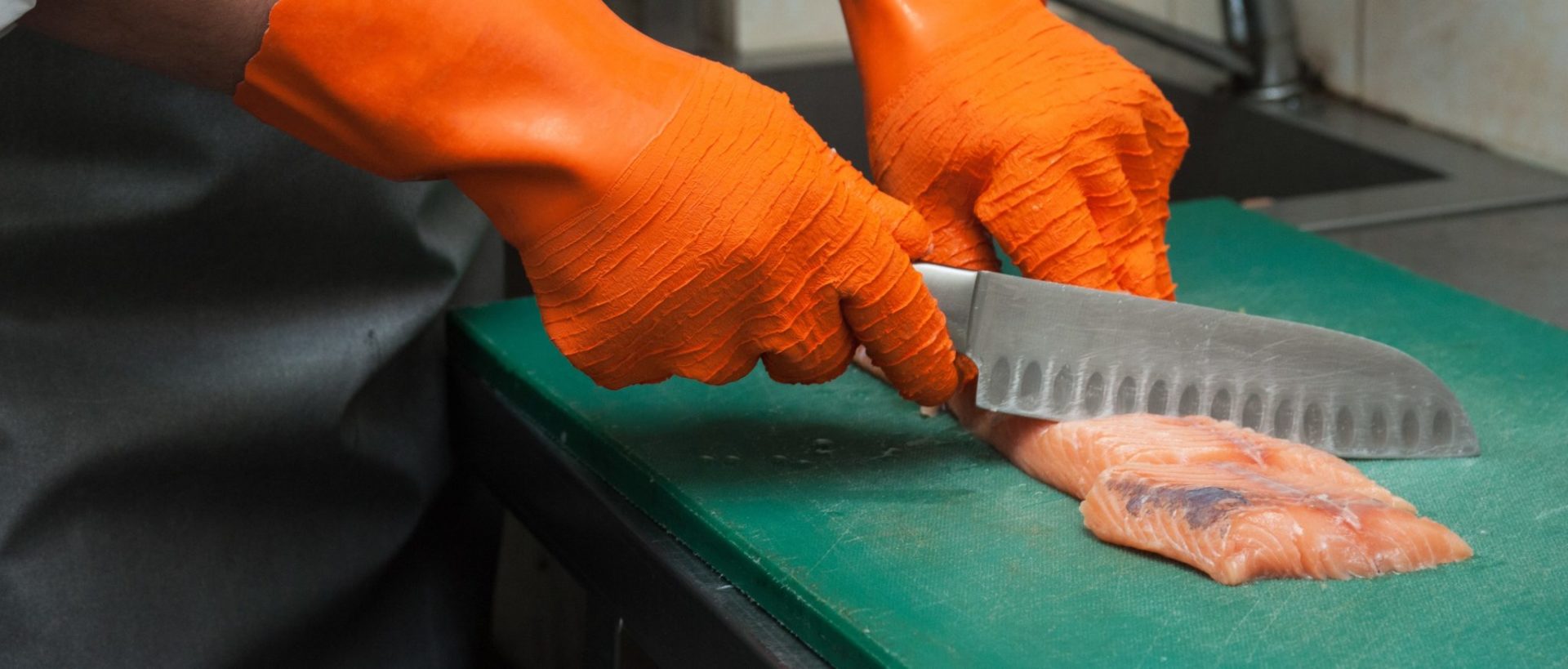Salmon waste powers biogas production
Danish company Landia was the first-choice supplier when an integrated waste management facility (IWMF) on Scotland’s Isle of Lewis needed a strong solution for handling salmon waste.
Creed IWMF had seen an opportunity in a logistical challenge – the remote location of aquaculture production sites all over the Scottish highlands and islands. Due to the difficulties in collecting and treating the fish waste, all of it went to landfill. Now they wanted to use it in an anaerobic digestion plant for biogas production.
But first they needed the right equipment – an ensiling tank for pre-treating the waste and a pasteuriser to meet local animal by-product regulations, which require the waste to be treated for at least one hour at 70°C. It all needed to fit into a very tight space.
Landia was able to deliver. With almost 90 years of experience in tailoring energy-efficient machinery, the company had all the right credentials to supply an ensiling tank to blend the salmon waste into a smooth puree and a pasteuriser that met local regulations.
The Landia solution is now processing 7 tons of salmon trimmings per shift at the facility
The pasteurised fish waste – a 7 cubic ton batch per shift – is now integrated with household food waste and garden waste for Creed’s anaerobic digestion process, making a positive environmental and economic impact by not sending it to landfill or having it transported off the island. And it is contributing to the renewable power supply for the island community.
Between 2017 and 2022 835.66 tonnes of salmon waste for the biogas plant was processed.


